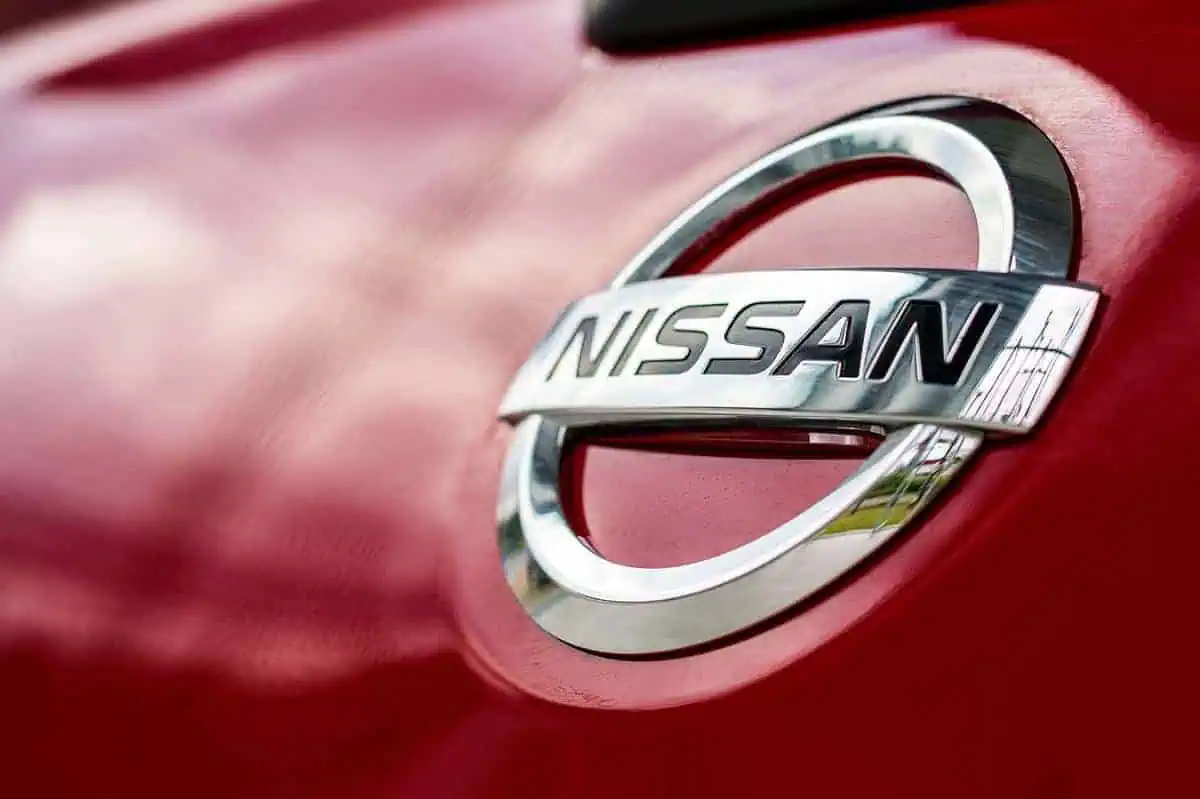Japanese legacy automaker Nissan confirmed plans to sell Made-in-China (MIC) vehicles to overseas markets on Sunday, December 17. According to Reuters, the decision is part of Nissan’s new partnership with China’s top public university for electric vehicle R&D initiatives.
Nissan, Tsinghua University partner for a joint research center
Nissan Motor vice president and Nissan China president Masahi Matsuyama reportedly stated that the Japanese automaker is planning to export its MIC new-gen electrified vehicles and current internal combustion engine-powered models to global markets, including the US and the EU. According to the report, Nissan is also targeting the same markets as its Chinese rivals like BYD.
The decision occurred after Nissan announced the new partnership with the country’s leading public institute, Tsinghua University.
Notably, the planned new research center will mark the partners’ second venture after their joint research endeavors for smart mobility and autonomous driving technology since 2016.
Objectives
The partnership aims to build a joint research center to advance the automaker’s research and development efforts for electric vehicles. Some of the objectives include the exploration of new charging infrastructure and battery recycling technologies.
Nissan also aims to leverage this strategic partnership to better understand the world’s largest auto market and meet local customers’ evolving preferences.
“We hope that this collaboration will help us gain a deeper understanding of the Chinese market and develop strategies that better meet the needs of customers in China.”
Nissan President & CEO Makoto Uchida said in a statement
Advantages
Nissan’s strategy to sell MIC vehicles to global markets will enable the company to take advantage of the country’s cheaper production costs.
It can also aid Nissan in boosting its vehicle factories’ capacity utilization. More importantly, the strategy will make Nissan vehicles competitive against cheaper Chinese models.
Notably, China only contributed more than a fifth of the automaker’s global sales of around 2.8 million units in the January to October period. It indicated a notable decline from more than a third volume share in the same period in 2022.
The sales drop is unsurprising, considering the major challenges Japanese companies face this year in China due to local brands’ dominance and intense price war.
Nissan’s decision follows the latest trend in the vehicle manufacturing industry, where major players like Tesla, BMW, and Ford are expanding their MIC exports due to the above-mentioned advantages.






